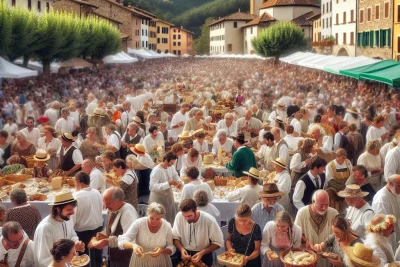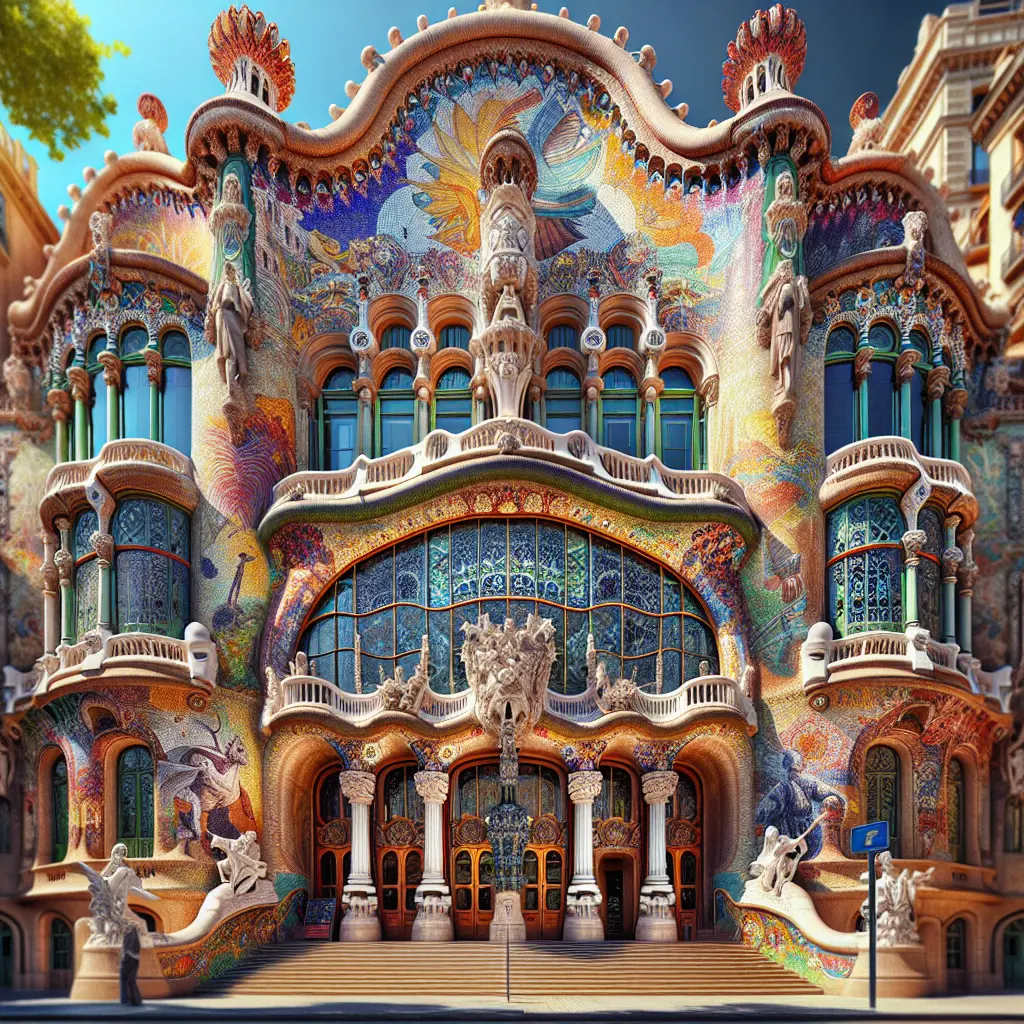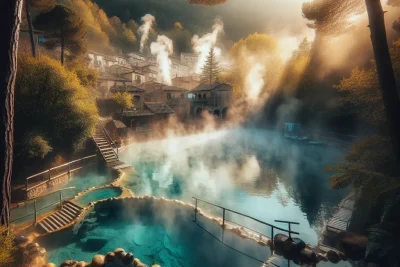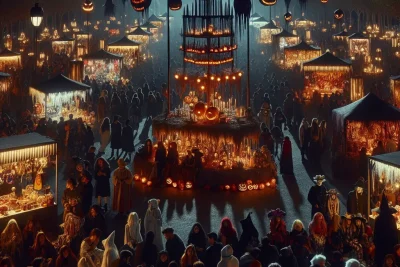
Discovering the Life and Legacy of Pau Cubarsi in Catalonia
In the rich cultural tapestry of Catalonia, few figures have left as profound an impact as Pau Cubarsi. As both a talented musician and a fervent advocate for Catalan identity, Cubarsi's work resonates with the ongoing socio-political climate within the region. This article seeks to explore the life, legacy, and current relevance of Pau Cubarsi, shedding light on how his contributions continue to inspire the people of Catalonia today.
The Early Years of Pau Cubarsi
A Musical Prodigy
Pau Cubarsi was born in the vibrant city of Barcelona in the early 20th century. From a young age, he displayed an extraordinary talent for music. Growing up in a household where melodies were as common as conversations, Cubarsi found his passion early, gravitating towards traditional Catalan music but with a modern twist that showcased his innovative spirit. His early years were marked by a deep connection to his cultural roots, influencing his later works profoundly.
Education and Influences
He pursued formal music education at one of Barcelona's most prestigious conservatories, where he honed his skills under the tutelage of renowned maestros. It was during this formative period that he was exposed to various genres, both local and international. Influenced by folk traditions as well as contemporary movements, Cubarsi began to develop a unique style that eventually defined his career.
Pau Cubarsi and Catalonia’s Cultural Renaissance
A Voice for the People
The post-Franco era marked a significant cultural renaissance in Catalonia, with artists like Pau Cubarsi at the forefront. His music often carried themes of identity, resistance, and the longing for recognition. Cubarsi’s compositions resonated with many Catalans who were fighting to reclaim their cultural narrative, and his concerts became a rallying point for the community.
Legacy in Music and Beyond
By blending traditional folk sounds with modern influences, Cubarsi succeeded in creating a sound that resonated with younger generations. His work transcended mere entertainment; it served as a powerful political statement advocating for Catalan autonomy and pride. Through his lyrics and melodies, Cubarsi conveyed the struggles of the Catalan people, establishing him as both an artist and a cultural leader.
The Current Relevance of Cubarsi’s Legacy
Continued Influence on Catalan Artists
Even decades after his passing, Pau Cubarsi’s influence is palpable in the works of contemporary Catalan musicians. Artists today continue to draw inspiration from his innovative approach to fusing traditional and modern sounds. Many preserve his spirit by addressing themes surrounding Catalan identity and societal change within their songwriting, ensuring that Cubarsi’s voice endures.
Cultural Events and Tributes
In recent years, Catalonia has celebrated Pau Cubarsi’s legacy through various cultural events and festivals dedicated to his memory. Events such as “Cubarsi Fest” attract musicians and audiences alike who come together to honor his contributions to Catalan music. These tributes not only keep his memory alive but also highlight the importance of cultural preservation in a region that continues to assert its identity amidst political upheaval.
The Future of Catalonia’s Musical Heritage
Challenges and Opportunities
As Catalonia navigates its future amid ongoing political tensions, the preservation of its cultural heritage remains crucial. Artists are encouraged to continue exploring the themes that Cubarsi championed, ensuring that their music reflects the realities and aspirations of today’s society. The Catalan government has also recognized the need to support local artists, which bodes well for the vitality of music and culture in the region.
A Call to Action
For those interested in the interweaving of art and identity, embracing and supporting local artists can foster a vibrant cultural landscape. Engaging in Catalonia’s musical festivities not only uplifts the community but also bolsters the significance of artists like Pau Cubarsi who fought for cultural recognition and expression.
Conclusion
Pau Cubarsi’s journey is a testament to the enduring power of music as a vehicle for cultural expression and political advocacy. His life and work continue to inspire contemporary artists and shape the narrative of Catalonia's vibrant heritage. As Catalonia moves forward, embracing its identity through art and music becomes essential for fostering unity and resilience within the community. Future articles could delve deeper into the individual artists influenced by Cubarsi or explore the broader landscape of Catalan music today.
If you want to know other articles similar to Discovering the Life and Legacy of Pau Cubarsi in Catalonia you can visit the Daily News category.




